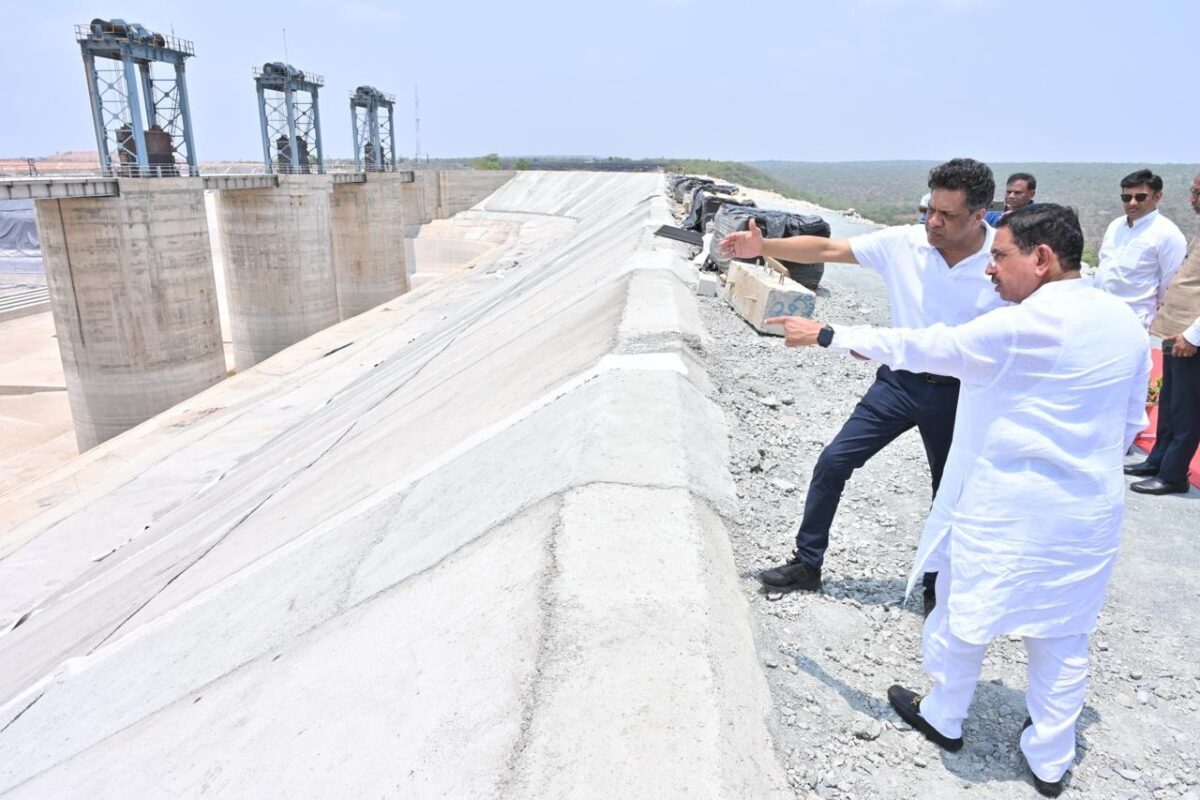The Indian Ministry of Heavy Industries’ tender to develop a cumulative 50 GWh of advance-chemistry battery cell manufacturing units in India under its production-linked incentive scheme has received bids for 130 GWh of capacity.
Bids were received from a total of ten companies, including Reliance New Energy Solar Limited, Hyundai Global Motors, Ola Electric Mobility, Lucas-TVS, Mahindra & Mahindra, Amara Raja Batteries, Exide Industries, Rajesh Exports, Larsen & Toubro, and India Power Corporation.
Under the Scheme, the selected bidders will have to set up the manufacturing facility within two years from the appointed date. The incentive will be disbursed thereafter over a period of five years on the sale of batteries manufactured in India.
The PLI Scheme for battery storage, with a budgetary outlay of INR 18,100 crore (around US$ 2438 million), is intended to achieve greater domestic value addition, while at the same time ensuring that the levelized cost of battery manufacturing in India is globally competitive.
Commenting on the bidding response, Rahul Walawalkar, founder and president, India Energy Storage Alliance (IESA) said, “This is great news and a major milestone for the Indian energy storage and e-mobility industry… IESA was anticipating 2-3 bids of 15-20 GWh, 3 bids of 10+ GWh and another 3-4 bids of 5-10 GWh totaling 100 GWh+ capacity to be bid in the ACC PLI.”
IESA estimates the annual demand for ACC batteries in India to grow from under 10 GWh currently to over 50 GWh by 2025 and over 150 GWh by 2030. Thus, Walawalkar said, the ACC PLI Scheme will be seen as the foundation stone on which India builds a global hub for R&D and manufacturing of advanced energy storage technologies.
“ACC PLI program also will kick start investments in the supply chain as the program has a mandate of minimum 60% domestic value addition for receiving the government incentive,” said Debi Prasad Dash, Executive Director, India Energy Storage Alliance.
Currently, battery storage finds use in sectors like consumer electronics, electric vehicles, storage for renewable energy, data centres, which are expected to witness robust growth in the coming years, and with that, the demand for battery storage is expected to surge. As per Indian government estimates, India imports INR 20,000 crore (around US$2694 million) worth of battery storage equipment every year. If, through PLI in ACC battery storage, advanced battery storage technologies can be manufactured domestically, India can significantly reduce its reliance on imports and become a key supplier for advanced storage technologies for driving the growth of green energy and clean transportation around the globe.
This content is protected by copyright and may not be reused. If you want to cooperate with us and would like to reuse some of our content, please contact: editors@pv-magazine.com.









1 comment
By submitting this form you agree to pv magazine using your data for the purposes of publishing your comment.
Your personal data will only be disclosed or otherwise transmitted to third parties for the purposes of spam filtering or if this is necessary for technical maintenance of the website. Any other transfer to third parties will not take place unless this is justified on the basis of applicable data protection regulations or if pv magazine is legally obliged to do so.
You may revoke this consent at any time with effect for the future, in which case your personal data will be deleted immediately. Otherwise, your data will be deleted if pv magazine has processed your request or the purpose of data storage is fulfilled.
Further information on data privacy can be found in our Data Protection Policy.